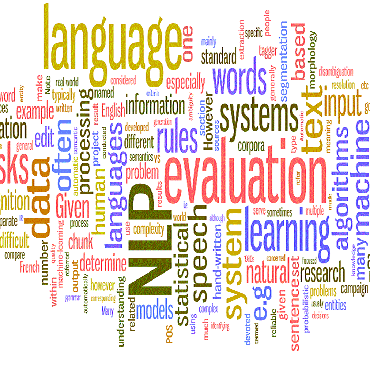Recent election surprises, regime changes, and political shocks indicate that political agendas have become more fast-moving and volatile. The ability to measure the complex dynamics of agenda change and capture the nature and extent of volatility in political systems is therefore more crucial than ever before. This study proposes a definition and operationalization of volatility that combines insights from political science, communications, information theory, and computational techniques. The proposed measures of fractionalization and agenda change encompass the shifting salience of issues in the agenda as a whole and allow the study of agendas across different domains. We evaluate these metrics and compare them to other measures such as issue-level survival rates and the Pedersen Index, which uses public-opinion poll data to measure public agendas, as well as traditional media content to measure media agendas in the UK and Germany. We show how these measures complement existing approaches and could be employed in future agenda-setting research.
翻译:最近的选举意外、政权变化和政治冲击表明,政治议程已变得更加迅速和动荡。因此,衡量议程变化的复杂动态和捕捉政治制度波动性质和范围的能力比以往任何时候都更加重要。本研究报告提出了波动的定义和运作方式,其中结合了政治科学、通信、信息理论和计算技术的见解。拟议的分化和议程变化措施包括整个议程中问题的日益突出,并允许研究不同领域的议程。我们评估了这些衡量标准,并将其与其他措施进行比较,如问题级别生存率和佩德森指数,后者利用民意调查数据衡量公共议程,以及传统媒体内容来衡量联合王国和德国的媒体议程。我们展示了这些措施如何补充现有办法,并可用于今后的议程制定研究。




